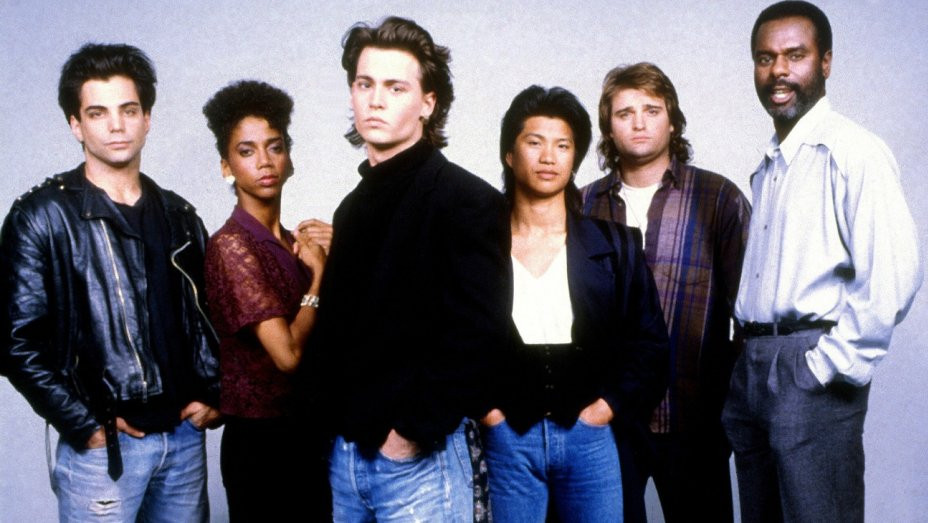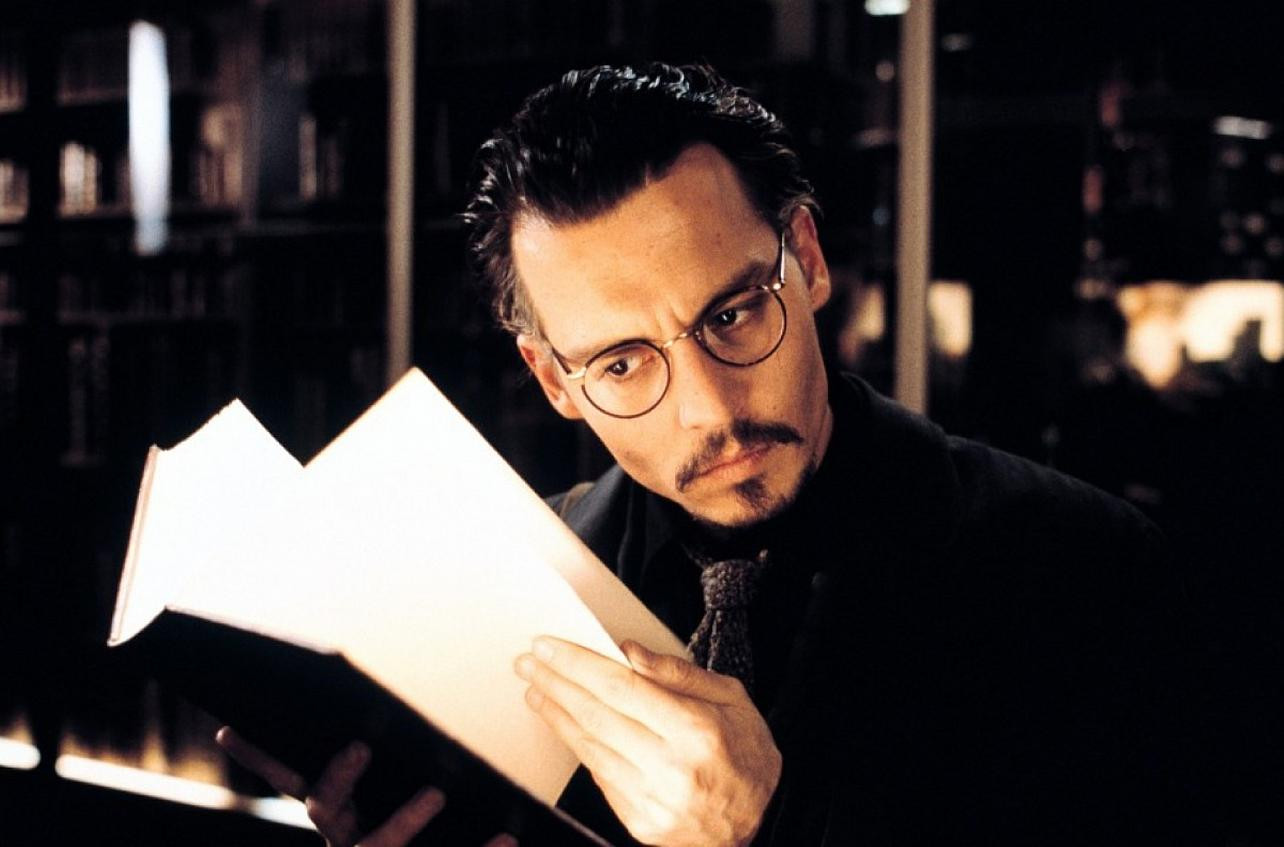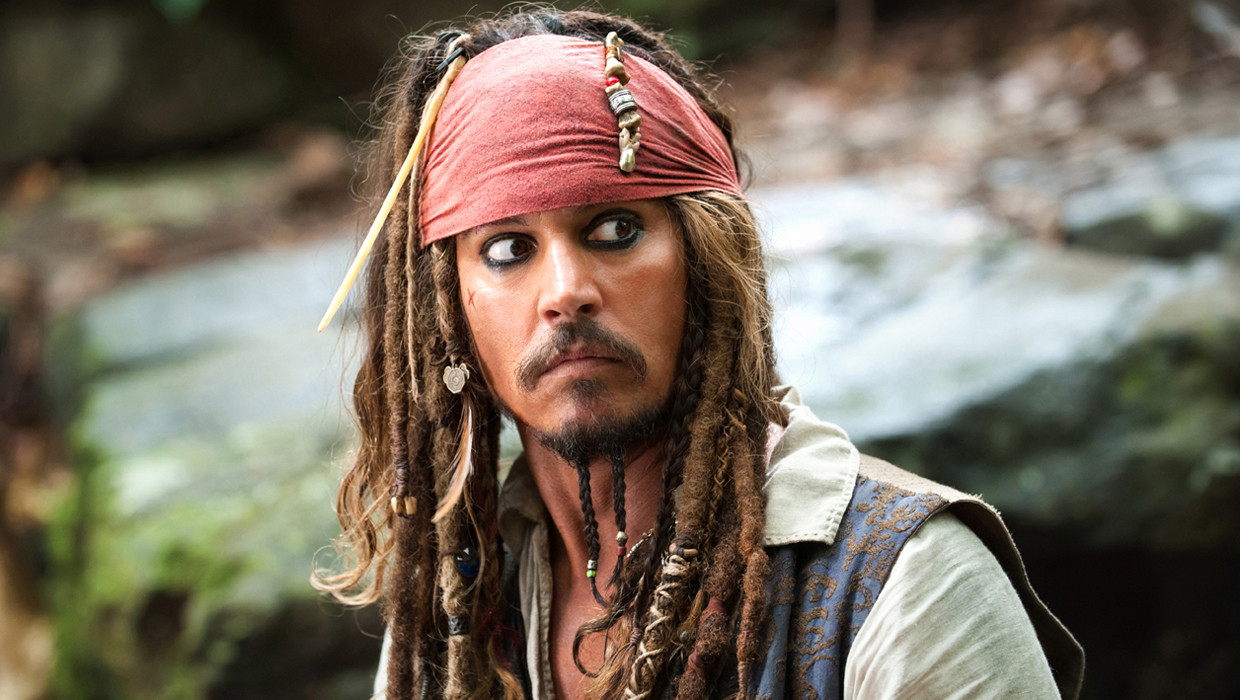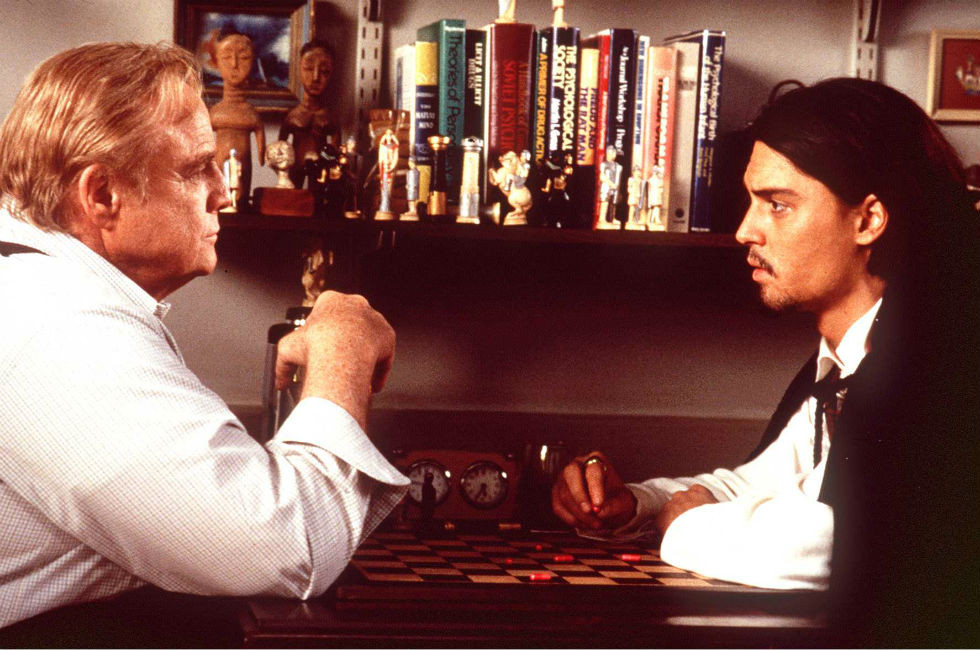From his breakthrough role in 21 Jump Street during the late 1980s to his eccentric movie characters that defined the 90s and beyond, Johnny Depp has captivated audiences for decades. For many, including myself, who grew up watching his journey unfold, Depp has always been more than just an actor; he’s been a symbol of unconventional stardom. However, recent reports of his personal struggles and apparent withdrawal from public life resonate deeply, especially in a world increasingly grappling with its own forms of isolation.
A recent Rolling Stone profile painted a stark picture of Johnny Depp’s current situation, detailing significant financial losses, legal battles, and personal controversies. These accounts, while sensational, highlight a broader narrative of a star seemingly adrift. The article suggests a significant departure from his early days as a fresh-faced actor, now facing bankruptcy and isolation, potentially on the verge of being ostracized by the industry that once embraced him. The sense of isolation surrounding Depp is palpable in excerpts from the profile, depicting him in a bubble, surrounded by paid staff, detached from genuine connection.
While some might find it difficult to sympathize with the tribulations of a Hollywood star, especially one seemingly plagued by self-inflicted wounds, Depp’s trajectory evokes a deeper sense of empathy. Perhaps this is because his career phases – from youthful beginnings to established stardom and now a period of apparent decline – mirror broader life cycles and societal trends. For those who followed his career from the start, Depp’s journey from 21 Jump Street heartthrob to complex character actor has been a compelling, and now cautionary, tale.
 Johnny Depp in 2018, reflecting on his career and public image.
Johnny Depp in 2018, reflecting on his career and public image.
From Teen Idol to Hollywood Maverick: Johnny Depp’s Jump Street Beginnings
Johnny Depp’s acting career began with a role in A Nightmare on Elm Street, but it was his portrayal of Officer Tom Hanson in the Fox television series 21 Jump Street (1987–1990) that catapulted him to fame. For teenagers during that era, 21 Jump Street was more than just a TV show; it was a cultural phenomenon. The premise itself was innovative: young-looking police officers going undercover in high schools to tackle issues ranging from drug abuse to teenage prostitution. This blend of police procedural and teen drama, tackling serious social issues with sensitivity, resonated deeply with young audiences and sparked conversations amongst peers.
The brilliance of 21 Jump Street lay in its unique perspective – adults navigating the complexities of teenage life. The show addressed challenging topics such as AIDS, hate crimes, and the pressures of school sports, offering a nuanced exploration that was rare for television at the time. The series became a talking point in school cafeterias, reflecting its impact on the youth demographic.
 The original cast of "21 Jump Street" (circa 1988) featuring Johnny Depp in the center.
The original cast of "21 Jump Street" (circa 1988) featuring Johnny Depp in the center.
The soundtrack of 21 Jump Street, integral to its 80s aesthetic, is unfortunately absent from current DVD releases due to licensing issues, a common problem for television shows of that era. This unavailability, while disappointing for nostalgia, paradoxically adds to the show’s mystique, preserving it as a relic of a specific time. In an age of instant digital access, this inaccessibility gives 21 Jump Street a unique kind of value, tethered to a bygone era.
While reboots and revivals are rampant in Hollywood, a 21 Jump Street remake, approached with sincerity rather than parody, could be surprisingly relevant today. Issues of cyberbullying, school shootings, and online radicalization are tragically contemporary, mirroring some of the themes explored in the original series. While the Jonah Hill-led comedic film adaptation was entertaining, a serious reimagining of 21 Jump Street could tap into current societal anxieties. However, the original’s success was heavily reliant on casting, particularly Johnny Depp.
Depp, despite his discomfort with teen idol status, possessed an undeniable charisma that transcended typical heartthrob appeal. Even as his apparent boredom grew in later seasons of 21 Jump Street, his intrinsic magnetism outshone the performances of his co-stars. His star quality was evident from the beginning, setting the stage for his unconventional career trajectory.
Beyond Jump Street: Embracing Eccentricity and Supernatural Cinema
Leaving 21 Jump Street, Depp consciously avoided the expected path of a teen idol, opting for roles that highlighted his unique proclivities rather than his conventional good looks. He collaborated with directors like Tim Burton, taking on roles such as the artistically inclined outsider in Edward Scissorhands (1990) and the quirky director Ed Wood (1994). He further cemented his unconventional image by portraying the drug-fueled persona of Hunter S. Thompson in Fear and Loathing in Las Vegas (1998).
Depp’s affinity for the supernatural genre, a personal favorite for many film enthusiasts, proved to be a fruitful avenue. His portrayal of Ichabod Crane in Tim Burton’s Sleepy Hollow (1999) showcased his comedic timing and ability to convey pathos within fantastical settings. He also took on the role of the enigmatic book dealer Dean Corso in Roman Polanski’s The Ninth Gate (1999), a film that, while flawed in its conclusion, highlighted Depp’s capacity to embody complex and morally ambiguous characters.
 Johnny Depp as Dean Corso, a rare book expert, in the thriller "The Ninth Gate".
Johnny Depp as Dean Corso, a rare book expert, in the thriller "The Ninth Gate".
Then came Captain Jack Sparrow in Pirates of the Caribbean (2003). This role marked a new phase in Depp’s career, transforming him from a respected actor into a global superstar, despite his efforts to resist mainstream fame. His portrayal of Sparrow was groundbreaking, described by the Pirates screenwriters as both exactly what they envisioned and completely unexpected. Sparrow, a blend of Keith Richards and Bugs Bunny, became an iconic cinematic figure, achieving a folkloric status beyond mere pop culture phenomenon.
 Johnny Depp as Captain Jack Sparrow in "Pirates of the Caribbean", a career-defining role.
Johnny Depp as Captain Jack Sparrow in "Pirates of the Caribbean", a career-defining role.
However, the immense success of Jack Sparrow might have inadvertently pushed Depp to amplify his eccentricities in subsequent roles, sometimes with diminishing returns. Films like Charlie and the Chocolate Factory, Alice in Wonderland, and The Lone Ranger showcased a heightened flamboyance that, while entertaining to some, began to feel like an over-reliance on caricature. His repeated returns to the role of Jack Sparrow, while enjoyable, also hinted at a potential stagnation, a character becoming larger than the actor himself.
The Shadow of Fame: Reclusion and Reflection
The trajectory of Johnny Depp’s career, from 21 Jump Street to global icon, also mirrors a classic American narrative: the rise to success followed by a potential fall from grace. Media accounts of his extravagant lifestyle and erratic behavior began to overshadow his professional achievements. What was once perceived as charmingly quirky in his youth, became concerning as he aged. Comparisons to Marlon Brando, an actor Depp admired, became increasingly frequent, highlighting a shared path of eccentric genius descending into self-imposed isolation.
 Marlon Brando and Johnny Depp together in the film "Don Juan DeMarco" (1995), a symbolic connection between two generations of Hollywood icons.
Marlon Brando and Johnny Depp together in the film "Don Juan DeMarco" (1995), a symbolic connection between two generations of Hollywood icons.
The archetype of the “mad genius” celebrity, celebrated for their talent but plagued by personal demons and reclusive tendencies, is a recurring figure in our culture. This archetype, embodied by figures like Brando and now Depp, serves a societal purpose. It allows us to observe and judge extreme versions of behaviors we might recognize in ourselves, albeit in less amplified forms. Depp’s highly publicized withdrawal from reality, while seemingly extreme, can be seen as a funhouse mirror reflecting our own tendencies towards isolation in the modern age.
Finding Connection Beyond the Bubble: A Shared Human Experience
The author’s personal reflection on Depp’s reclusiveness draws a parallel to their own experience of withdrawing from social engagement after leaving a screenwriting career to pursue novel writing. This self-imposed exile, characterized by limited social interaction and immersion in solitary work, mirrors Depp’s reported detachment from the outside world, albeit on a different scale.
 Johnny Depp embodying the writer's life in a scene from "Secret Window" (2004).
Johnny Depp embodying the writer's life in a scene from "Secret Window" (2004).
However, a conscious effort to re-engage with the world, through professional interactions and charitable work, led to a renewed sense of connection and community. This re-engagement highlighted the inherent human need for social interaction and the surprising receptiveness of others when one projects openness. The experience underscored the isolating nature of modern digital communication, where genuine human connection can be lost in the noise of social media.
Depp’s situation, viewed through this lens, becomes less about celebrity excess and more about a universal human tendency to retreat into self-made bubbles. We might criticize Depp’s extreme isolation while simultaneously engaging in our own forms of withdrawal through technology and curated online realities. His exaggerated reclusiveness can inadvertently normalize our own, less extreme, forms of social detachment.
The distinction between solitude and seclusion becomes crucial. Solitude, essential for creative and personal reflection, is a deliberate choice to disconnect for introspection. Seclusion, however, can become an abdication of our social responsibilities, a retreat from the complexities of the real world. In a digital age that increasingly blurs the lines between connection and isolation, figures like Johnny Depp serve as stark reminders of the potential pitfalls of unchecked withdrawal.
Ultimately, Johnny Depp’s journey from the fresh-faced officer in 21 Jump Street to his current, more isolated persona, is a complex narrative. While his personal choices have undoubtedly shaped his trajectory, his story also reflects broader societal trends towards isolation and the ever-present tension between fame, identity, and genuine human connection. For those who have followed his career since its inception, Depp’s current predicament serves as a poignant, and perhaps necessary, reflection on our own relationship with the world and each other.
